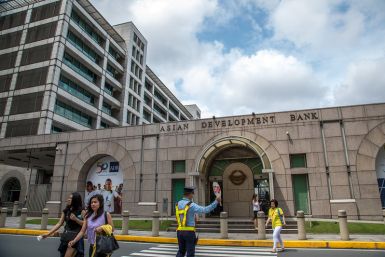Northern Territory's building woes blamed on mining boom
The vaunted mining boom may have largely fuelled up the national economy yet in the case of the Northern Territory, its residential construction industry appeared to have absorbed the negative impacts of the two-wind growth.
In the latest State of the Regions made public this week, NT's housing and building sectors suffered the brunt of the demands attributed to the resource industry growth.
The new report, which provided a glimpse on the ground impacts of key economic activities in Australia to regional economies, is noteworthy since the construction sector has been headlining the NT economy for the pasty two years.
Yet that banner sector seemed to have suffered a clipped wing within the same period, thanks mostly to the mining industry, which is being blamed for the 27 percent decline seen in NT's housing construction since the last review analysis.
Despite the alarming numbers, the report noted that the region's capital of Darwin has managed to achieve a record low unemployment rate of 1.6 percent as affirmed by the Australian Bureau of Statistics (ABS).
While NT itself managed to post a regional rate of 4.8 percent jobless figures, the report stressed that Darwin's standing is the best so far and when compared to national data on employment.
Economist Ian Manning told ABC that the city's jobless rate represents the best indicator over the past 20 years but he noted there is more than meets the eye in the plain numbers provided by ABS.
In many instances, Manning noted that welfare recipients were not legally considered by state or territory authorities as unemployed and "the more you shift on to non-employment social security the more you get your unemployment rate down."
And since NT boasts off a relatively better jobless rate as compared to national figures, the report has also concluded that its short-term statistics will hardly be affected by the impending roll of the federal initiative national broadband network (NBN).






